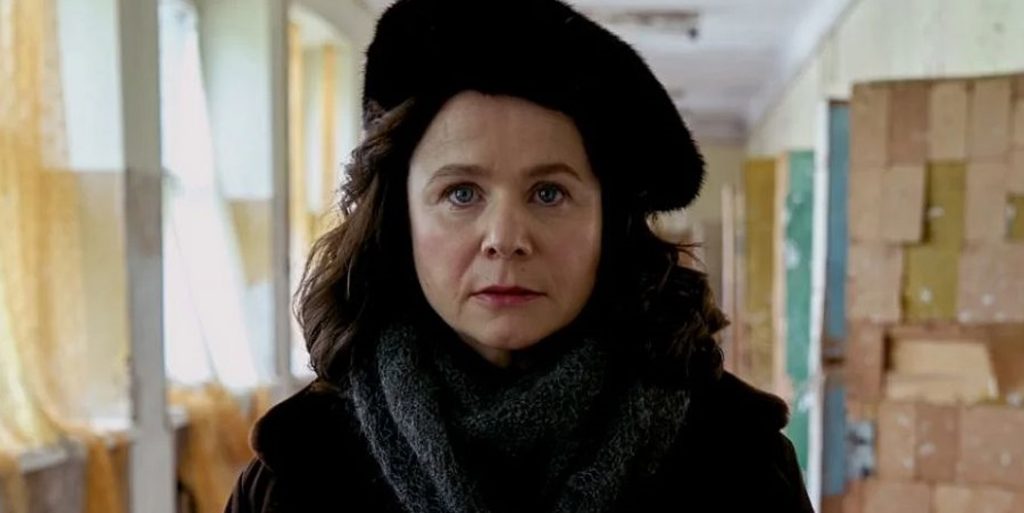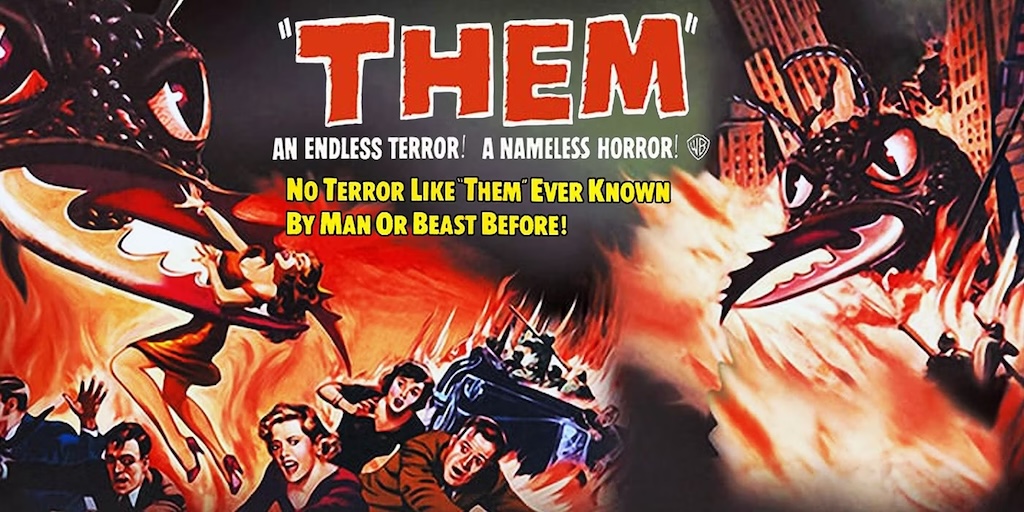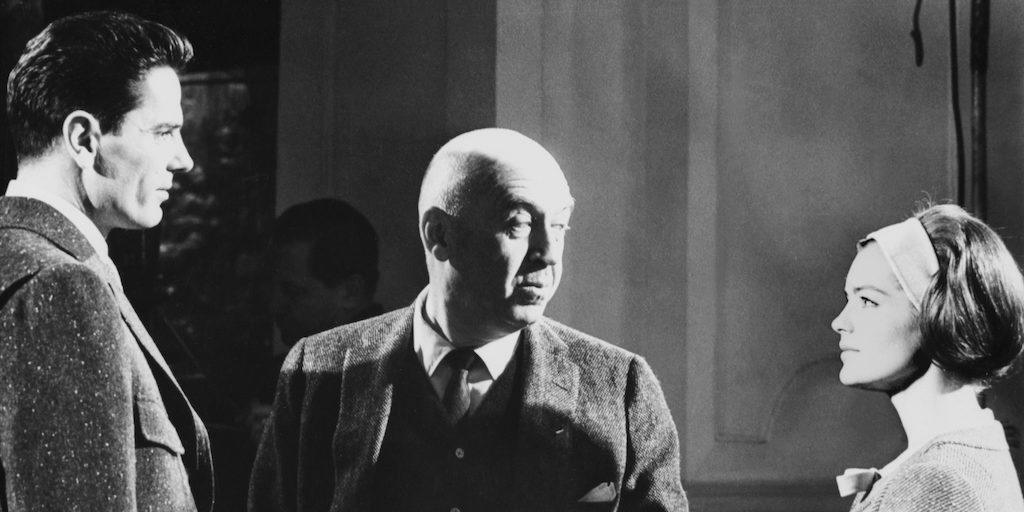Chernobyl must be the most interesting “cinematic” phenomenon in recent years. Unlike the “event-series” Game of Thrones, which it succeeded as an attraction on the HBO network, it was spread through word of mouth. Suddenly, without much prior publicity, everyone on social media was commenting on a five-part miniseries, which featured a real, well-known case of a man-made tragedy. The miniseries had a neat period reconstruction but lacked any special glamor: There were no romances and the atmosphere was bleak and distressing. The reasons for this unexpected success can be speculated, but it is most likely that the formula of screenwriter William Goldman applied when he analyzed why a film was successful in the mid-1980s in Hollywood: NOBODY KNOWS ANYTHING (he liked to express it in capital letters).
Since the predominant consumption of audiovisual productions passed to households and with the decision of platforms to avoid making their consumption measurements public, we no longer have a way to measure the success of a production but indirectly. We are living the time when the consumption of a movie can best be measured (including when someone stopped watching it or how many times it was seen on a certain television) but the least public availability of this data. Even with these reservations, there is no question that Chernobyl became a success.
Much has been written about the obvious merits of Chernobyl, I am now more interested in concentrating on its reception. It followed the model of critical reception that occurs in groups, before in magazines and forums, now on social networks. I mean different relatively homogeneous waves. The first wave – before a film about which not much was previously known – is one of surprise (bad or good). It becomes almost inevitable that later a wave of people will come who no longer see that production in a uninformed way but with the burden that there is already a public view, favorable or unfavorable. That second wave generally has the form “hey, hey, it wasn’t that bad.”
The interesting thing about Chernobyl is that this negative reaction had a strongly political flavor. In certain sectors identified as progressive, the miniseries, and especially its celebration, caused a certain discomfort. Some tried it from a formalistic perspective (like Alejandro Turner’s article in Infobae that tries to explain the success and develops some very confusing ideas about films based on real events) and others more openly showed their discomfort at the Chernobyl´s “anti-communism”.
“It is too anticommunist” is the “hey, it was not so bad” of this particular case. It’s a particularly crazy rejection. No one would reject Schindler’s List as “too anti-Nazi.” Nor would it make sense to dismiss The Insider, Michael Mann’s film about tobacco traps as “too anti-capitalist.” Movies express ideas about the world and do it right or wrong. The Soviet regime does not appear to have been successful enough to escape the films´ critical eye.
In the discussion about the discomfort caused in certain sectors by the ideas expressed by Chernobyl, it is worth stopping at Twitter user @cosovschi, who developed an elaborate thread to support this dislike. In his tweeting, this user often tries to nuance criticism of communist regimes by normalizing them and putting them on some kind of equal footing with liberal democracies. He does it with solvency and historical knowledge, in a civilized way, for which it is worth trying to refute him.
In the thread, @cosovschi questions the identification that the series makes with the Soviet regime and lies. Summarized by himself the objections he makes are two:
- a) [Chernobyl] Attributes the monopoly of lies to communism, as if Western democracies had a monopoly of truth.
- b) It summarizes the communist experience to a moral statement, and that to some extent is based on the historical experience of the 80s, a moment of communism´s terminal crisis.
It is interesting to see that the “Hey, it was not so bad” of this user is Dr. House’s dictum: “Everybody lies”. Everyone lies and of course he is right, human beings lie for convenience whether they are in one system or another. What makes the difference is precisely something that has nothing to do with morality (although it has moral consequences) and that is distinctive of liberal democracies: the free flow of ideas. This does not exist in authoritarian regimes, left or right, and that is exactly what Chernobyl shows. In the USSR there could be heroic people and petty people, liars and defenders of the truth, bureaucrats and scientists. What led that power station to disaster – and contributed to the collapse of the entire political and economic system – was not the moral quality of those who made the decisions, but precisely the inability to put into discussion in the public debate different ideas and verifications and checks of affirmations. In the USSR there was no division of powers, independent press, freedom of expression, public debate. Neither in the 80s nor in previous decades. Liars were always and are everywhere, what was impossible in the regime was to expose them.
Imperfectly, intersected with economic interests, subject to pressures of all kinds, liberal democracies try to ensure that all kinds of ideas are exchanged in public debate and that real-world claims can be put into consideration. In some cases, this does not have immediate political consequences (the government that had been falsifying the statistics was awarded 54% of the votes) but the truth is usually available to citizens so that they can accept it when it is appropriate.
Suffice to end this review with the parallel example of nuclear power plants in the USA. It is known that in 1979, the Three Mile Island plant in Pennsylvania suffered an accident involving the melting of the core, something that could have ended with consequences as disastrous as the Soviet nuclear accident. Curiously – and as a consequence of the free circulation of ideas typical of democracies – a movie had been released twelve days earlier that predicted such an accident. It was about The China Syndrome, starring Jack Lemmon, Michael Douglas and Jane Fonda, who also produced and was the intellectual promoter of the project. Public opinion received the Three Mile Island accident in a deliberative state as a consequence of the film and the safety of nuclear power plants became a topic of national discussion. China Syndrome could not have been realized in the USSR neither before nor after the Chernobyl accident. Not now, in Putin’s Russia.











